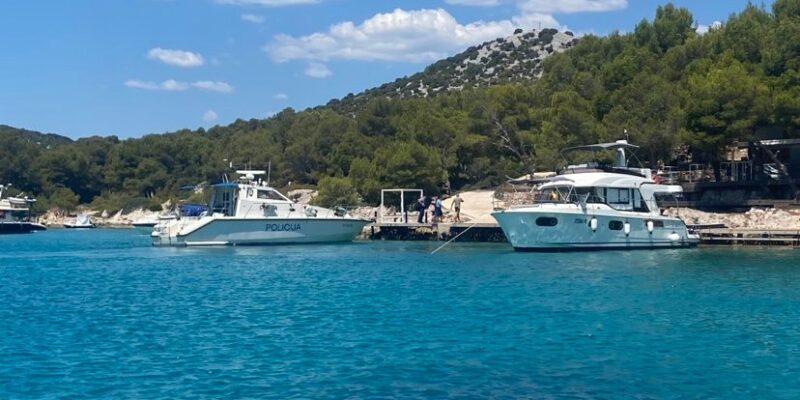Journalists and media workers have always been considered “high risk” workers because of the nature of their work. But in reality, there is both a lack of awareness of health and safety issues and of protective measures and policies in place for journalists and media workers. As speed is essential for breaking news, there is barely time to carry out risk assessments for journalists. However, journalists face omnipresent risks to their health and safety, whether in the workplace or more dangerous or volatile environments. Since 1990, 371 journalists and media workers have lost their lives on assignment.
The COVID-19 pandemic crisis has exposed such deficiencies and confirmed that the health and safety of essential workers like journalists are ever more important. Trade unions play an important role to ensure the health and safety of workers, who are often under pressure to perform work in an unsafe environment without adequate protection or policies in place. Many unions in Europe representing essential workers, that include journalists, have stepped up to guarantee the health and safety of workers during the pandemic.
Against this backdrop, the Safety4Journalists aims to answer the following questions: Where does the duty of care lie? Who is responsible for the health and safety of journalists? How can journalists achieve work-life-balance in an increasingly digital age producing 24-hour news? How can journalists’ unions and associations support workers? There is a need for a culture of safety and coordinated efforts to ensure the health and safety of journalists.
The main objective of this project is to promote health and safety at work through training of workers’ organisations and engagement in social dialogue with employers’ organisations. Also, a universal risk assessment model will be created that can be used by journalists and media companies in praxis and best practices will be exchanged. Furthermore, there is a focus on vulnerable workers, such as female journalists and freelancers.
The project will involve five national journalists’ unions and associations in Croatia (Trade Union of Croatian Journalists,TUCJ), Germany (German Journalists Union, DJV), France (National Journalists Union CGT,SNJ-CGT), the Netherlands (Dutch Journalists Association, NVJ), and Sweden (Swedish Journalists Association,SJF) and their respective national employers organisations. The trainings will take into account the geographical coverage and the needs and development of national partners in these areas. The training will make use of the resources in the online platform and the online modules/training. These trainings will also allow the testing of the online platform to its relevance.

















